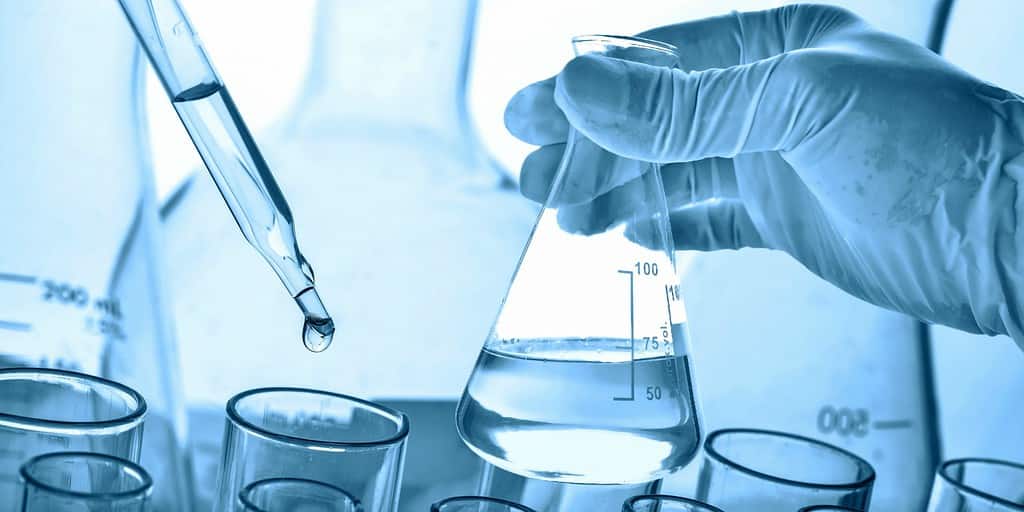Few important reasons to know why to test water
Testing water is essential for various reasons, primarily to ensure that the water is safe, clean, and suitable for its intended use. Here are some key reasons why we test our water:
Health and Safety: Testing water helps identify potential contaminants, pathogens, and pollutants that could pose health risks to humans and animals. By detecting harmful substances, we can take preventive measures to protect public health.
Drinking Water Quality: Testing drinking water ensures that it meets regulatory standards and is free from harmful levels of contaminants like bacteria, viruses, heavy metals, and chemicals.
Compliance with Regulations: Many local, regional, and national authorities have established water quality regulations and standards. Regular testing is required to demonstrate compliance and to take corrective actions if necessary.
Environmental Protection: Testing water bodies like rivers, lakes, and oceans helps monitor the health of aquatic ecosystems and identify pollution sources that could harm aquatic life and ecosystems.
Industrial and Agricultural Use: Water used in industrial processes or for irrigation must meet certain quality criteria to prevent damage to equipment, crops, and the environment.
Wastewater Treatment: Testing wastewater before it’s discharged into the environment ensures that it doesn’t contain harmful pollutants that could damage ecosystems or contaminate other water sources.
Recreational Waters: Testing water in swimming pools, beaches, and recreational areas helps ensure that the water is safe for swimming and other activities, reducing the risk of waterborne illnesses.
Quality Control: Industries that rely on water as a raw material or a part of their processes need to monitor water quality to maintain product quality and consistency.
Emergency Preparedness: Regular water testing establishes baseline data, making it easier to identify sudden changes or contamination events in the water supply. This is crucial for responding to emergencies effectively.
Research and Analysis: Testing water supports scientific research, helping us understand the health of ecosystems, monitor trends over time, and develop strategies for sustainable water management.
Private Wells: Individuals with private wells need to test their well water regularly to ensure it’s safe to drink and doesn’t contain contaminants from nearby sources.
Detecting Infrastructure Issues: Water testing can reveal issues with water distribution systems, such as corroded pipes that might introduce heavy metals into the water.
Ensuring Aesthetics: Water quality can affect the appearance, taste, and odor of water. Testing helps ensure that water is visually and aesthetically pleasing.
Baseline Assessment: Periodic water testing establishes a baseline of water quality, helping authorities and individuals track changes and deviations over time.
Preventing Outbreaks: Waterborne disease outbreaks can be prevented by testing water for harmful microorganisms and pathogens.
In essence, water testing is a critical practice that safeguards human health, the environment, and various industries by ensuring that water resources are safe, clean, and suitable for their intended purposes.





